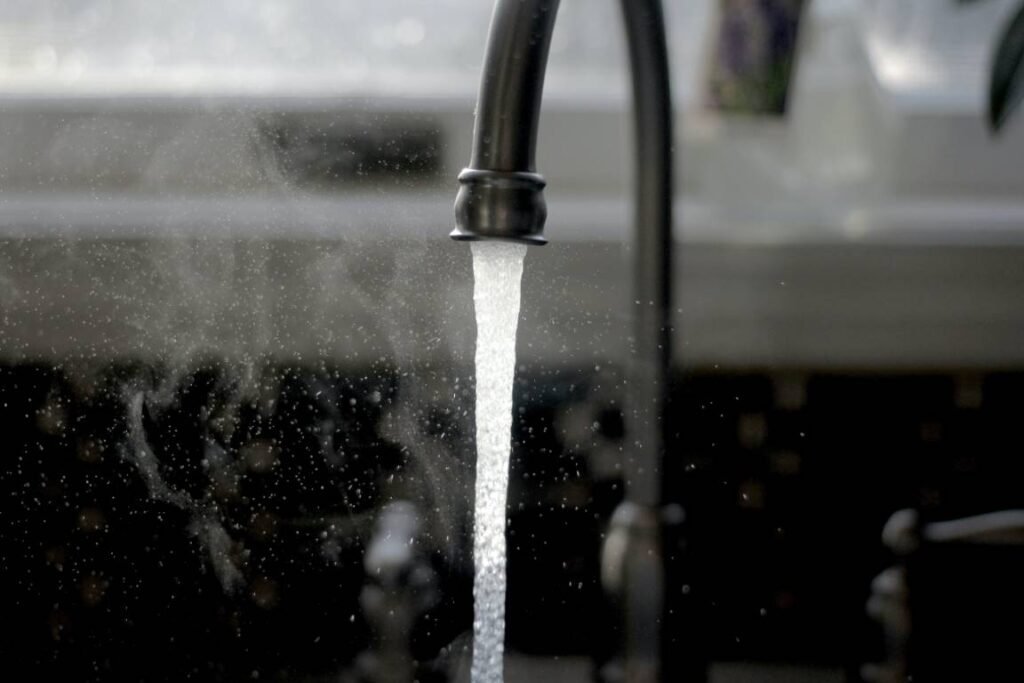Why do plumbers hate shark bites

Why Do Plumbers Have Concerns About SharkBite Fittings?
Plumbers, as professionals in the plumbing industry, often have concerns about the use of SharkBite fittings. While it may be an overgeneralization to say that all plumbers hate SharkBite fittings, there are valid reasons why some plumbers express reservations or concerns about their usage.
It is important to understand these concerns to gain a comprehensive view of the topic.
Reliability and Long-Term Durability
One of the main concerns raised by plumbers regarding SharkBite fittings is their long-term reliability and durability. Traditional methods, such as soldering or crimping, have been trusted by plumbers for decades to ensure secure and leak-free connections. Some plumbers question whether push-to-connect fittings like SharkBite can provide the same level of reliability over an extended period.
While SharkBite fittings are generally designed to meet industry standards and undergo rigorous testing, there have been cases where these fittings have failed over time. Plumbers emphasize the importance of using fittings that have a proven track record of reliability, especially in critical areas such as main water supply lines or high-pressure systems.
Potential for Leaks
Another concern expressed by plumbers is the potential for leaks with SharkBite fittings. Although these fittings are designed to create watertight connections without the need for specialized tools, there is still a possibility of leaks if the installation is not done correctly.
Improper installation, such as insufficient insertion or failure to clean and deburr the pipe properly, can compromise the effectiveness of the SharkBite fitting. Plumbers emphasize the importance of following the manufacturer’s instructions precisely to ensure a proper and leak-free connection.
Additionally, plumbers highlight that traditional methods like soldering or crimping provide a more secure and time-tested solution for preventing leaks when installed correctly. They argue that these methods offer greater peace of mind for both plumbers and homeowners, particularly in critical areas where leaks can cause significant damage.
Limited Use in Certain Applications
While SharkBite fittings are convenient for quick and easy installations, plumbers often prefer traditional methods for certain applications. For instance, in projects that involve high temperatures, such as hot water lines or hydronic heating systems, plumbers may choose soldering or crimping methods over SharkBite fittings. They believe that these traditional methods offer greater resistance to heat and are more suitable for long-term use in such applications.
Similarly, some plumbers may prefer traditional fittings for underground installations or areas where the fittings may be exposed to harsh environmental conditions. They argue that soldering or crimping provides a more robust and secure connection that can withstand these challenging conditions.
Professional Pride and Skillset
It is also worth mentioning that some plumbers express concerns about the use of push-to-connect fittings like SharkBite due to professional pride and their commitment to their craft. These plumbers believe that their skills in traditional methods, such as soldering or crimping, are a testament to their expertise and professionalism.
They may argue that relying solely on push-to-connect fittings can undermine the craftsmanship and artistry that goes into traditional plumbing techniques. For them, plumbing is not just a job but a passion, and they take pride in their ability to create meticulous and reliable connections using traditional methods.
Conclusion
While it is inaccurate to state that all plumbers hate SharkBite fittings, it is clear that there are concerns and reservations within the plumbing community. Plumbers emphasize the importance of reliability, long-term durability, and leak prevention, which they believe can be better achieved through traditional methods like soldering or crimping.
It is crucial to note that SharkBite fittings have their advantages, including ease of installation, especially for DIY enthusiasts or quick repairs. However